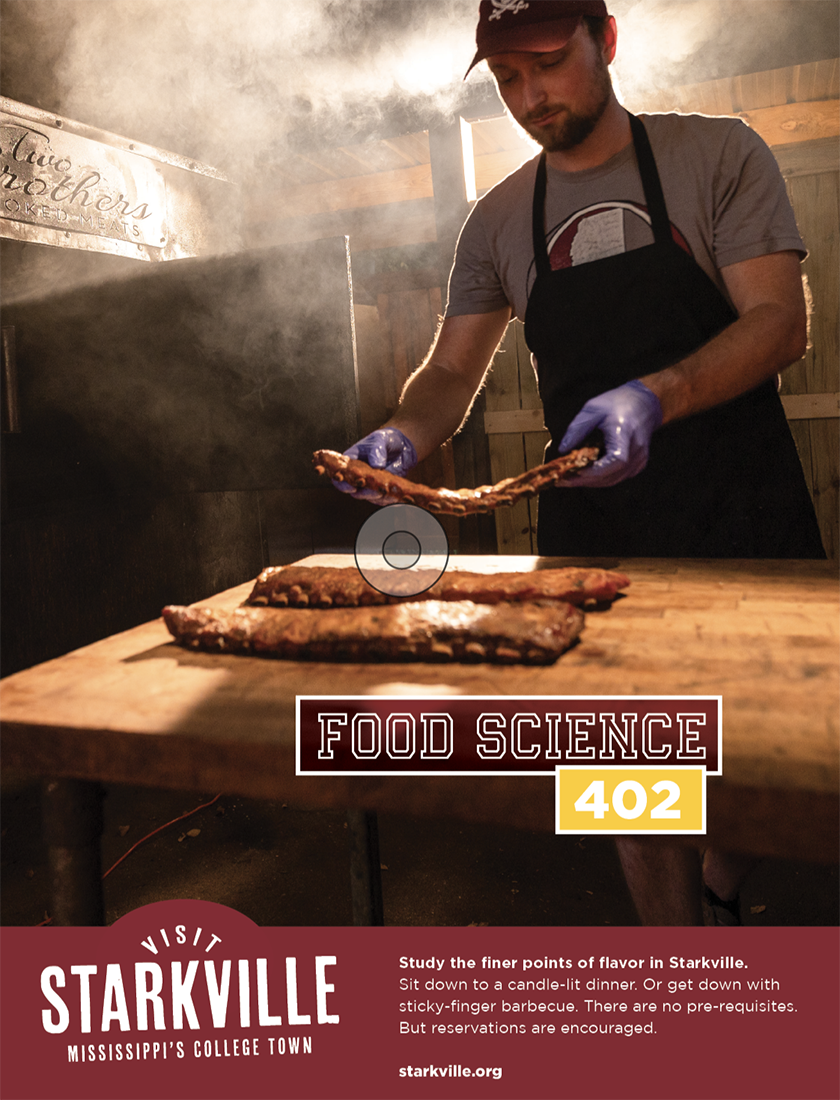Larger-than-life characters, majestic scenery and gripping tales fill Mississippi’s nuanced history. Who better to tell the Magnolia State’s story—and how Mississippi State is helping take care of what matters in its own backyard—than the documentarians of MSU Films?
Since its creation in 2020, the MSU Television Center’s documentary division has grown from an experimental, creative outlet to an award-winning production unit reaching millions of homes across the nation. By following a people-first storytelling philosophy, its staff and their work have earned more than 100 regional and national honors, including 24 Southeast Emmys, one national and two regional Edward R. Murrow Awards, and a James Beard Foundation Award nomination.
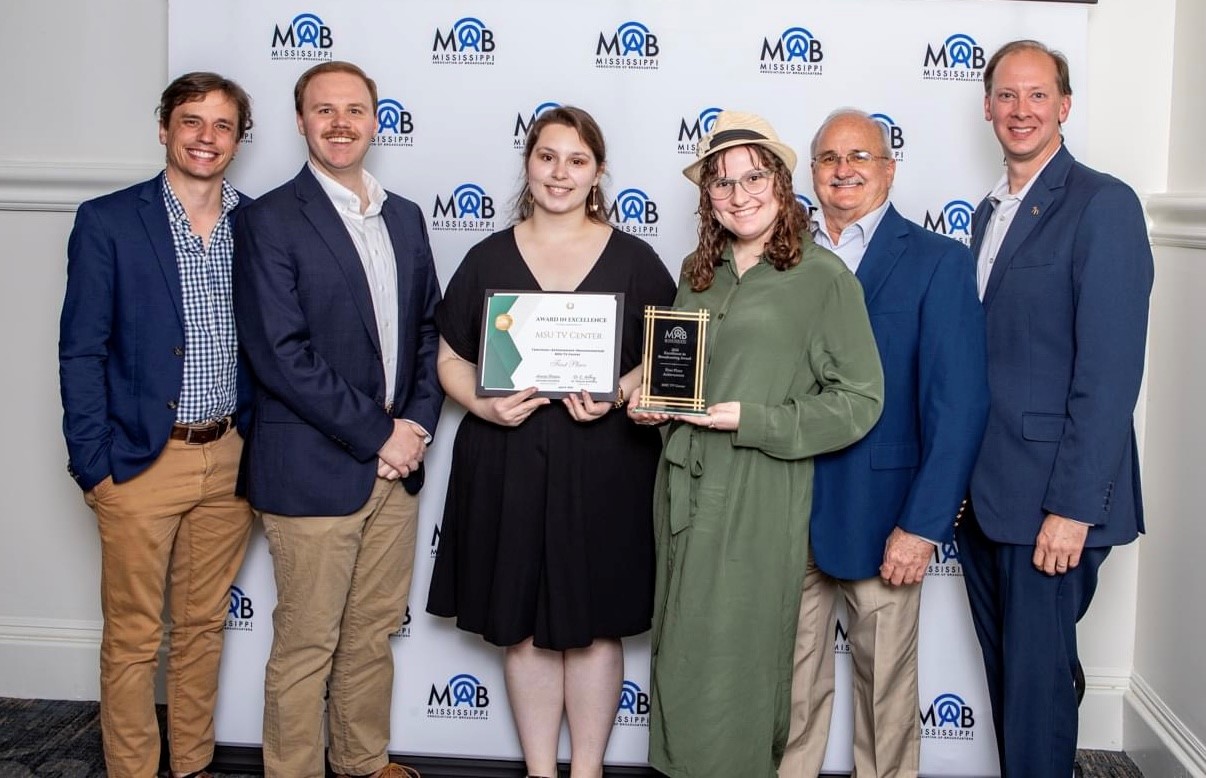
“Stories are best told through the firsthand, lived experiences of characters. In every film we make, we tell the story through a primary character. As an audience, we experience their struggle and internalize it as our own,” said David Garraway, director of the television center and an associate director of MSU’s Office of Public Affairs.
“The primary character is someone who possesses a quality that reminds us of us,” he continued. “It can be their professional background or their personal story, but it can also be the way they react to their surroundings or circumstances.”
Bolstered by national distribution, MSU Films is quickly becoming a household name. Two of its documentaries—“The Hungriest State,” a four-episode series focusing on food insecurity, and “The Humble Oyster,” a 30-minute piece about threats to the mollusk’s Gulf of Mexico home—have reached more than 80 million viewers alone through PBS. In September, “9/20” made its network TV debut on SEC Network. That film tells the story of the first Division I college football game held after the terrorist attacks of 9/11—an MSU home game against the University of South Carolina.
Taiwo Gaynor, Mississippi Public Broadcasting’s chief content officer, said MSU-produced documentaries are finding large, receptive audiences across the U.S. not only because of their quality but also because of a growing national interest in Southern-focused stories.
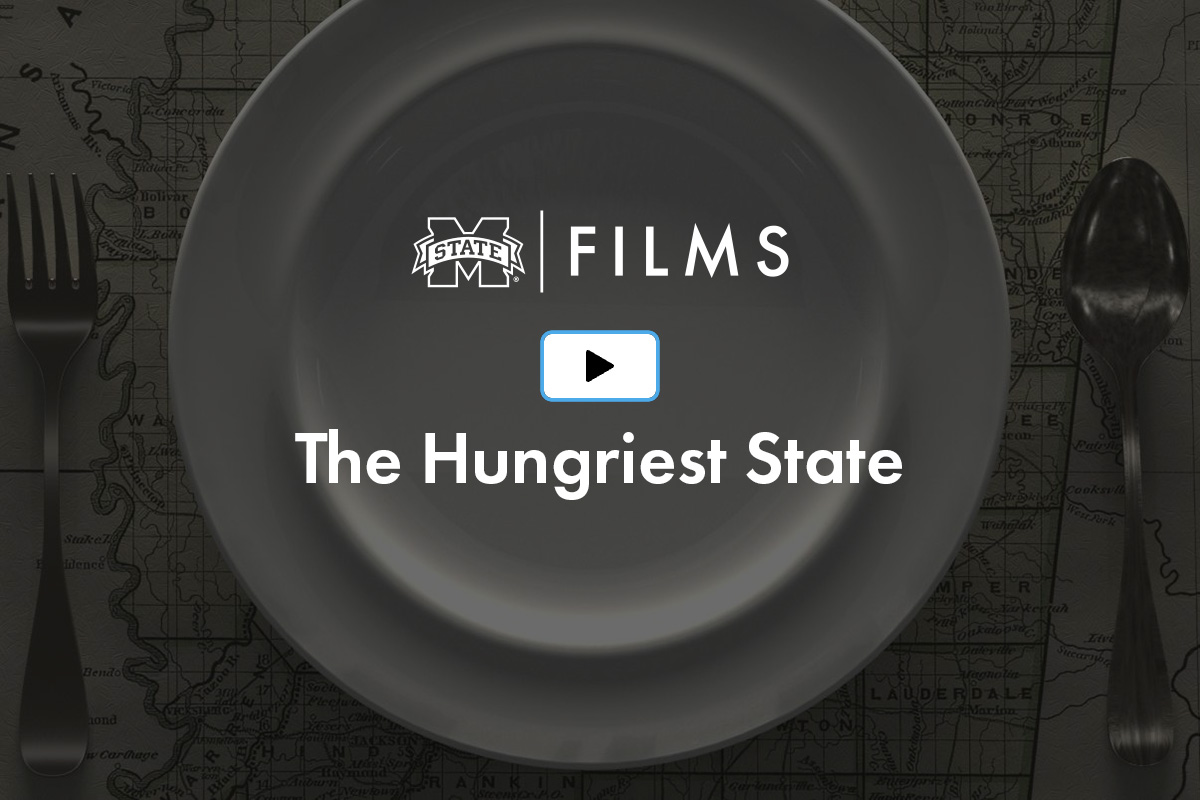
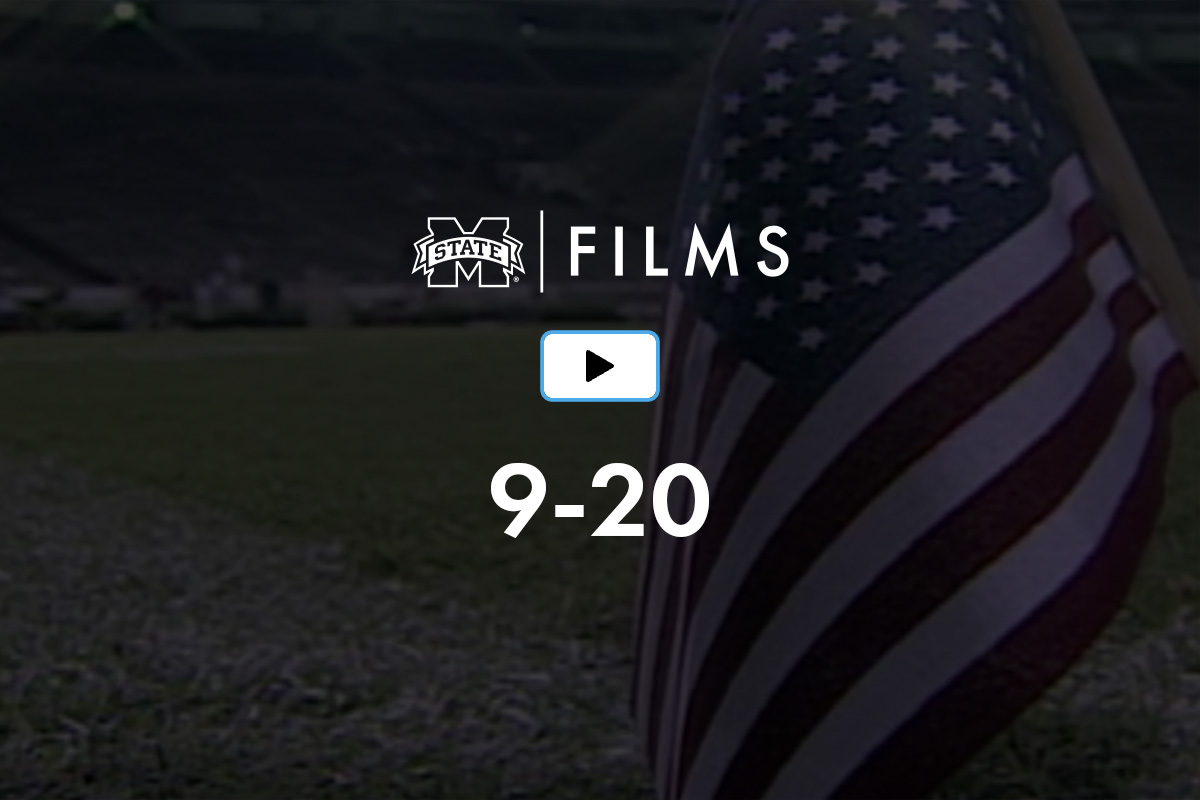
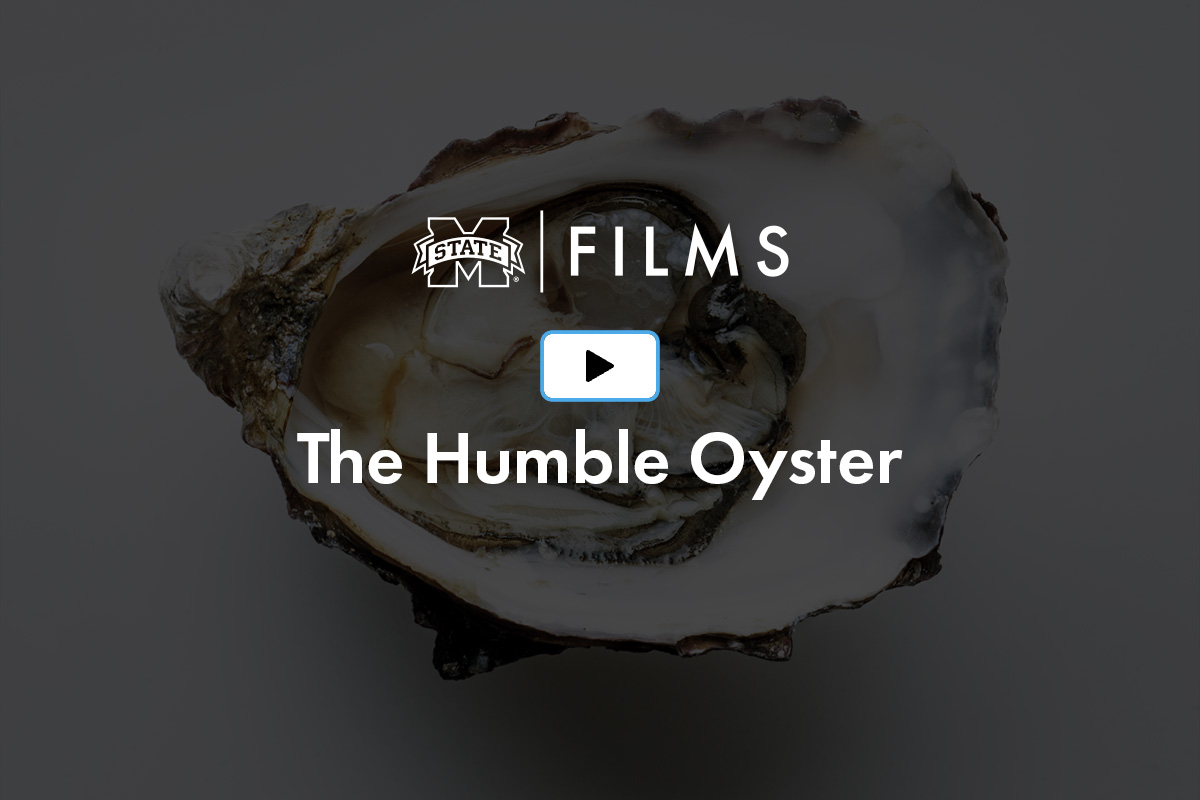
“People are intrigued with the culture of the South. The timing is right—maybe even long overdue—for these stories,” Gaynor said. “Being able to tell them in a way that is authentic and real resonates with viewers. When people see themselves and their communities, their neighbors and their families, it’s important to them.
“We’re focused on delivering content about Mississippi and the region; content that is expressive of where we are and the culture we’re part of,” he continued. “Mississippi State’s work is nothing short of world class. I’m beyond impressed at the level of attention they give their productions and the high-quality standards they set forth when telling stories.”
Making these impactful documentaries requires Bulldog filmmakers to fully immerse themselves in their subjects. For two MSU Films storytellers on assignment, that included stomaching an unappetizing meal in less-than-ideal conditions.
Video producer Olivia Aylsworth and James Parker, UTC’s senior documentary and special projects producer, faced a tough choice as a shrimp boat they were aboard bobbed in the Gulf of Mexico this spring. Their hosts, a group of Vietnamese fishers they were covering for an upcoming feature, took a break from their nets well after midnight to cook a late-night snack of boiled squid. Aylsworth and Parker either could ingratiate themselves with their subjects by eating the uncommon dish or possibly offend them by declining—after all, their constitutions were already weakened due to the choppy conditions.
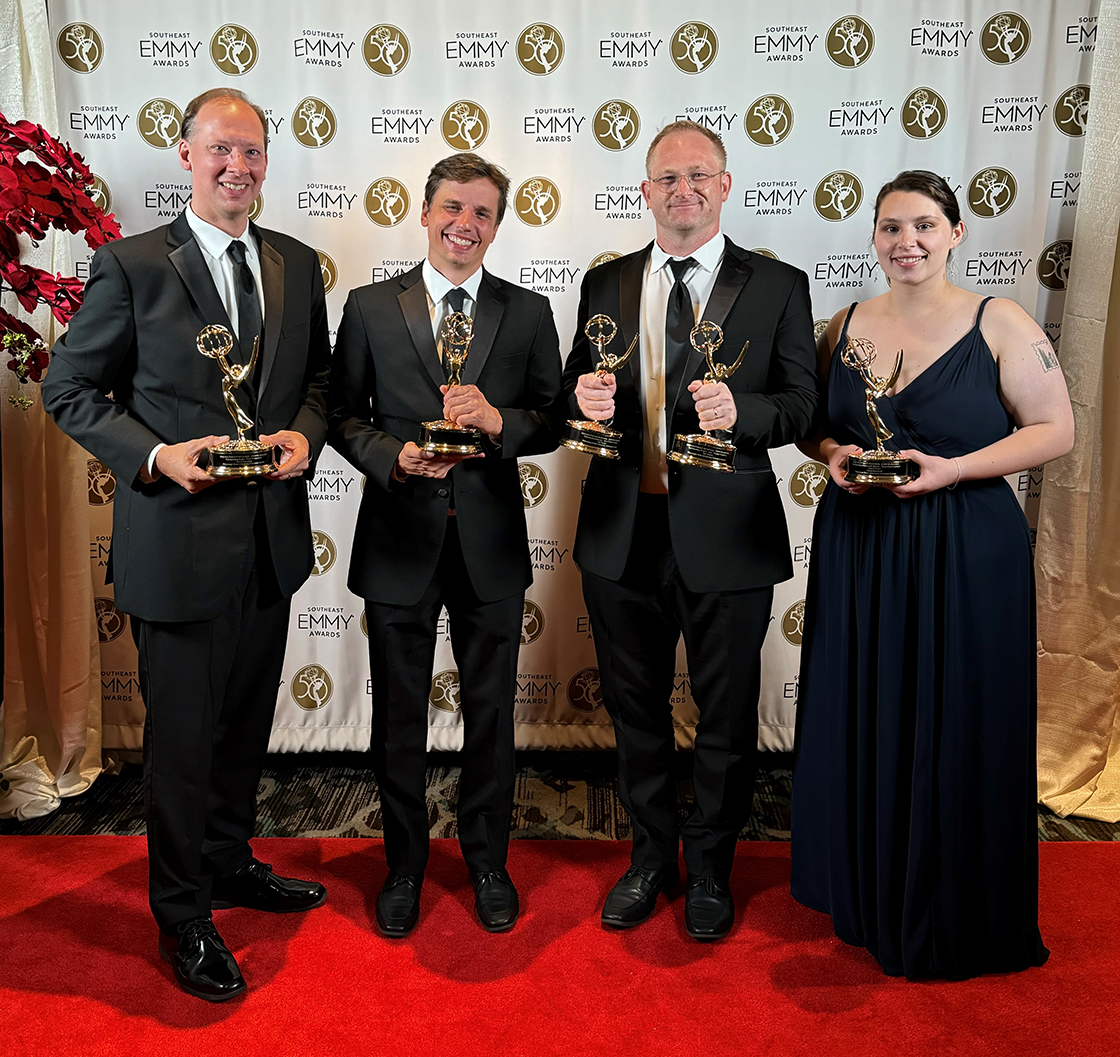
They chose to enjoy their meal under the moonlight with the shrimpers to fully appreciate their subjects’ experience.
“It was really late, and we were already tired because we hadn’t gotten much sleep. It felt like we could have fallen off the ship at any moment—and then came the squid,” Aylsworth said. “I wasn’t ready for that.”
“It was a really genuine moment with everyone, but that squid was something else,” Parker added.
Both Parker and Aylsworth said this kind of immersion helps filmmakers connect with their subjects and allows them to fully tell their stories. For the upcoming series on Vietnamese Mississippians, MSU’s storytellers spent time in numerous churches, restaurants and homes, and participated in Lunar New Year festivities in addition to their time on the water.
“I always ask myself if I’m telling the best story possible because you get to know these people and you want to make the best work possible for them,” Aylsworth said. “Curiosity and care are why I love telling these stories.”
“I really believe everybody has a story, and I think every story can be told and should be told in a really compelling way,” Parker continued. “It’s really exciting to be in a place with complicated stories and people like Mississippi, but I feel like we’re doing things that are bigger than us—bigger than Mississippi—that people across the nation can feel and relate to.”
Telling Mississippi’s stories is a key part of MSU’s dedication to service, Garraway said, because the university “can’t define solutions to complicated problems until we can define the problem itself.”
He continued, “MSU Films’ contribution is to start that discussion and to position MSU as thought leaders in a variety of issues, including food insecurity and rural and mental health. This is a chance for us to use our university experts to show how we’re working to better Mississippi. It is our job to tell stories and deliver solutions.”
Story by Carl Smith




